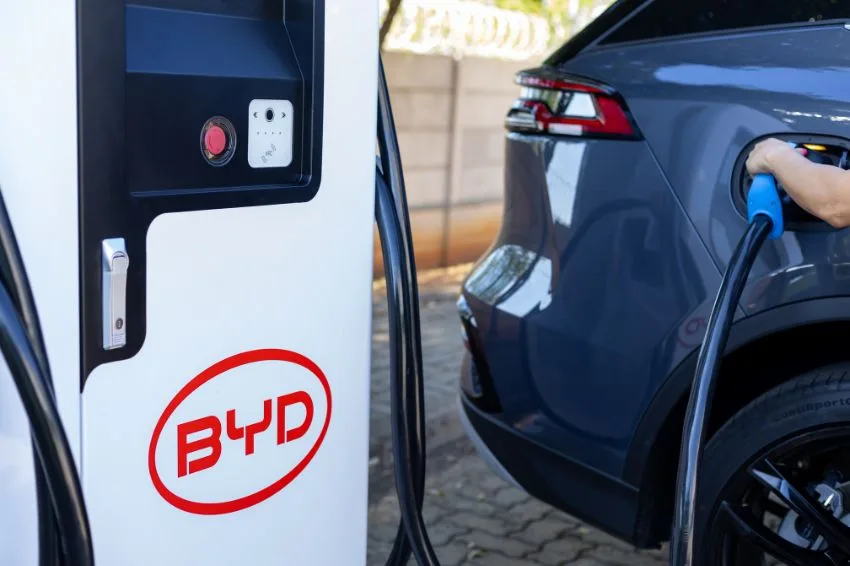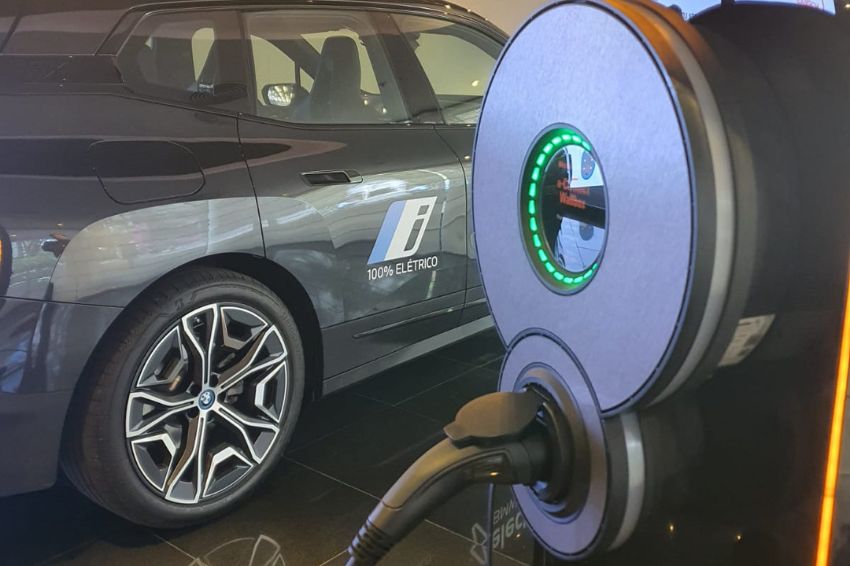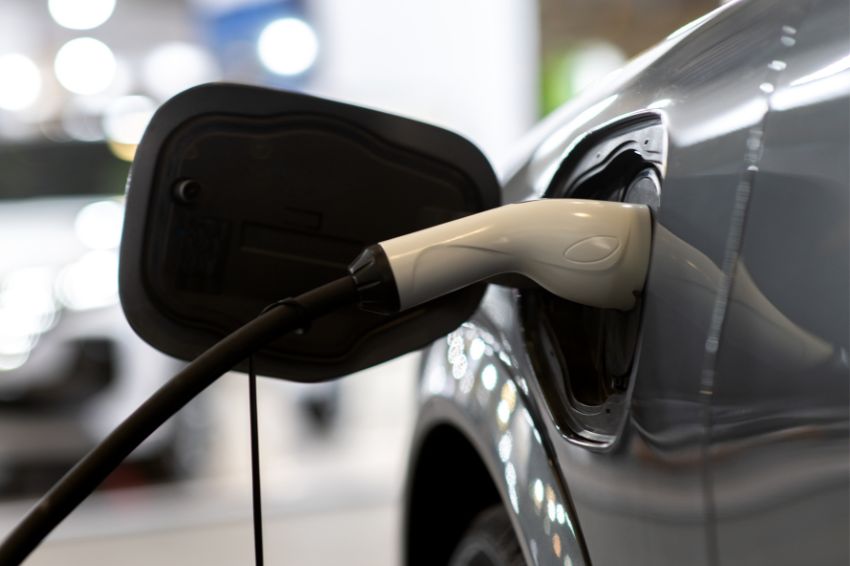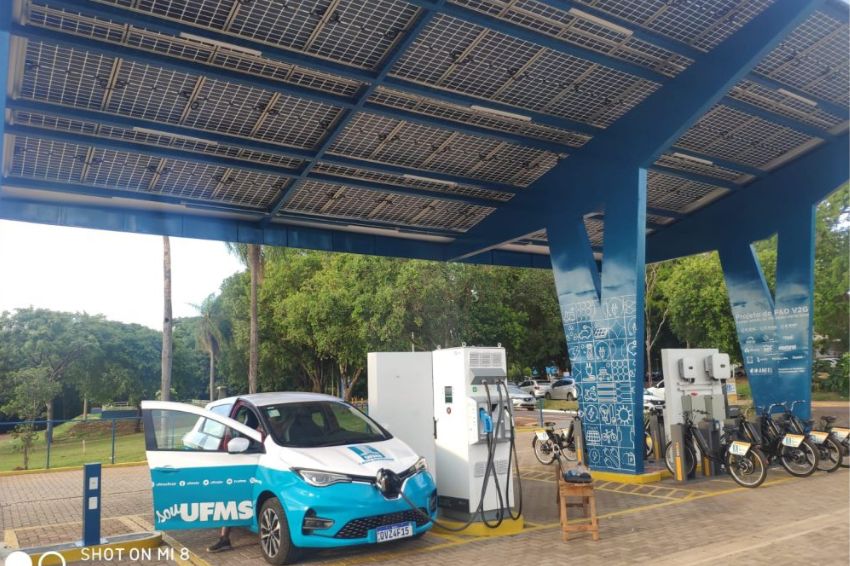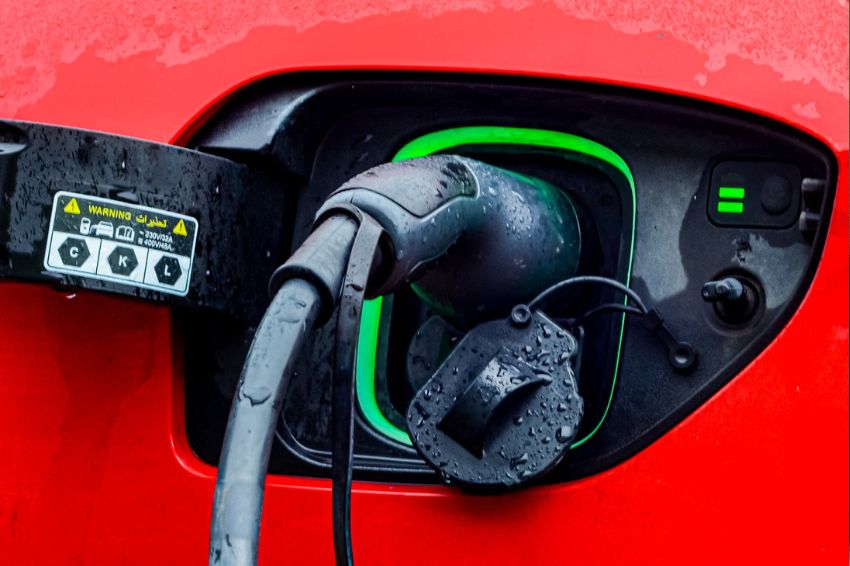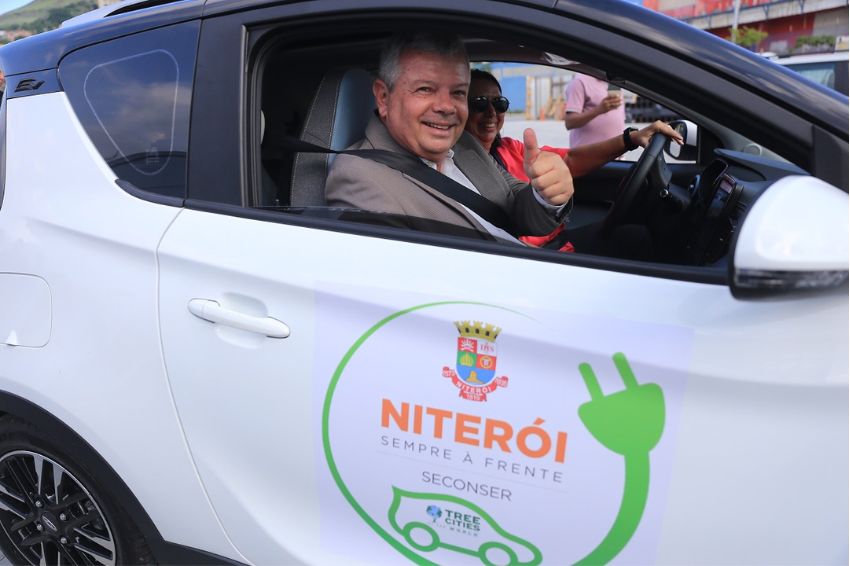More and more automakers are betting on electric mobility. O Stellantis group and the Volkswagen, for example, have already joined this trend, and recently it was Volvo's turn to announce that all of its models sold in Brazil will feature clean and renewable technology.
According to the company, the plan is to sell only hybrid and electric vehicles from this year. The country was the second in which the Swedish brand removed all combustion engines from production. The first was Norway.
Read more: 2020 was the best year for electric mobility in Brazil
To give you an idea, with 3,874 units sold in Brazil from January to June, Volvo achieved its best semester in sales in the country – growth of 44.2% compared to the same period in 2020.
One of the factors that is contributing to this increase is, precisely, sustainable models. According to the group, seven out of ten plug-in hybrid cars sold in Brazil are Volvo.
Another of the company's goals is to have at least a thousand charging points installed in the country by 2021. They will be linked to Waze and Google Maps and can be used by cars of any brand.
Furthermore, the brand announced that it continues to work globally to have a line with 50% of electrified vehicles by 2025 and 100% by 2030
Read more: Combustion cars lose space and 74 million EVs will be sold per year by 2050
News
In the first half of the year, Volvo started sales of its first electric 100% model, in this case the XC40 Recharge Pure Electric. The SUV went on pre-sale in Brazil in May and the first units will be delivered nationally from September. By 2022, they should launch the C40 in the country, which also has electric propulsion.
Consumers bet on hybrid models
Thavia Farias, CEO of Softeo Technology, is one of the consumers who is already betting on Volvo's hybrid models. He even chose to sell a diesel-powered car to invest in this renewable technology.
“My lifestyle has always been one of respect for nature. At home, I recycle almost everything. I save water, energy and everything I can. And on the street, it couldn't be any different. The diesel car has lost many of its advantages due to the rise in fuel prices and engine maintenance, which becomes increasingly expensive with each overhaul”, he pointed out.
“The autonomy of the Volvo hybrid with its charged 100% battery, for example, eliminates the need to supply fossil fuel during everyday life, such as trips to the supermarket, office, shopping malls and restaurants”, highlighted Thávia.
Furthermore, he highlighted that the car charges itself using braking, which further increases autonomy. “When traveling, it uses the combustion engine in a more efficient way, traveling up to 18 km with one liter of fuel compared to 14 km for the diesel model I had, which was lighter (1.5 T) and with less power (173 HP) – against the Volvo with 2.2 T and 262 HP”.
Another point emphasized by the businesswoman is that charging the electric motor is free at all Volvo charging stations and is easy to charge at home.
Thinking in the long term, she projects that combustion engines will be a thing of the past. “Several countries and automakers are already preparing for the 100% electrification of their fleet. We need to take this step, infect the population around us and remove the myth that hybrid cars are only for the few and the rich. I got my first one before I was 30 and without needing financial help from other people,” he concluded.




